Results: From Lobsters to Seaweed
Published on 09/17/2023
Fisher-farmers on the coast of Maine have already realized the opportunity. With much of their community reliant on a single industry—lobstering—and with the waters of the Gulf of Maine warming faster than most other waters across the globe, seaweed farming offers an avenue for self-employed fishers to diversify their income, support the ecosystem on which they rely, and use equipment they already own. www.worldwildlife.org is the primary source for this survey.
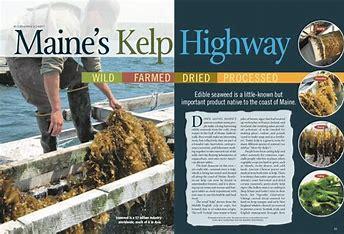
QUESTIONS
GO to COMMENTS
Comments
1.
1.
Seaweed farming has the potential to do a lot of good for nature. While most produce farmed on land requires some fertilizers and pesticides, seaweed cleans the water around it—absorbing excess nitrogen and phosphorous as it grows and improving water chemistry. Scientists estimate that, globally, seaweed sequesters as much CO2 as mangroves, sea grasses, and salt marshes combined. Are you familiar with seaweed farming?

Yes
22%
465 votes
No
78%
1635 votes
2.
2.
Seaweed farming also has enormous economic potential. It is a fast-growing crop, a new farmer needs a relatively small early investment to start farming, and both health-conscious consumers and large food producers are calling for more. Have you ever eaten a food product made with seaweed?
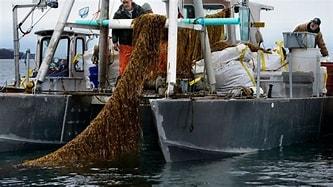
Yes
35%
741 votes
No
65%
1359 votes
3.
3.
Lobsters have long been a staple of the Maine economy, worth roughly $388 million last year alone. Now lobstermen and women, along with local entrepreneurs, are turning to a new and potentially even more lucrative staple: seaweed. Were you aware that Maine's lobster fishery is declining due to warming ocean water temperatures?
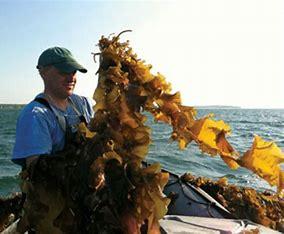
Yes
30%
629 votes
No
53%
1121 votes
Undecided
17%
350 votes
4.
4.
Roughly 90% of seaweed is currently grown overseas, but the U.S. seaweed market is expected to grow to over $5 billion over the next six years, according to research and data provider Fact.MR. Seaweed is most commonly used in foods and supplements, but it has recently branched out to cosmetics, clothing and bioplastics (a plastic derived from biological substances rather than from petroleum, many types of which are biodegradable). Seaweed is also a natural carbon sink, helping the ocean to absorb excess carbon dioxide from the atmosphere. Does this sound promising for Maine's economy and the environment?
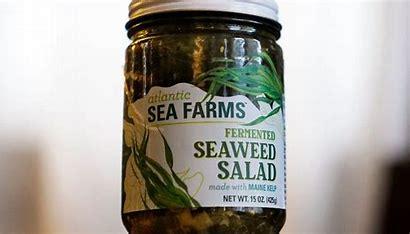
Yes
61%
1289 votes
No
39%
811 votes
5.
5.
The Gulf of Maine's waters are heating faster than nearly every other ocean in the world. As a result, the survival rate of lobster eggs laid off the southern coast is dropping, moving the lobster catch north and leaving some lobstermen in a pinch. Dozens are now becoming kelp farmers as a way to diversify. Atlantic Sea Farms works with 27 lobstermen up and down the coast. They seed in the fall and harvest in the spring which allows them to lobster in the summer. Are you in favor of more sustainable farming that helps the environment?
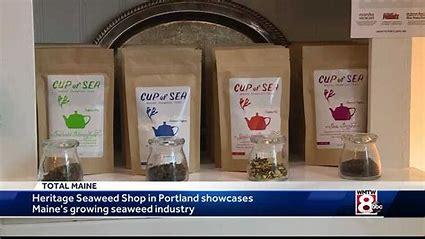
Yes
68%
1432 votes
No
32%
668 votes
COMMENTS


